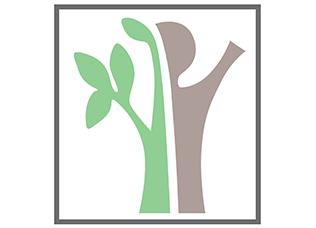The LIFE-IP CEI-Greece project supports the implementation of the main national policy tools for the transition to a circular economy in the country, with central axes the promotion of waste hierarchy, the treatment of waste as a resource and the shift from linear to a circular production and consumption model:
- National Waste Management Plan (NWMP)
- National Waste Prevention Program (NWPP)
- National Strategy for Circular Economy and operational National Action Plan (NAPCE)
The waste sector is a key pillar for the implementation of circular economy, included in the EU Action Plan for Circular Economy, revised in March 2020 COM(2020)98 , which under the slogan “Less waste, more value” focuses on disconnecting waste generation from economic development, linking product policies and waste policies to the prevention of waste generation, as well as developing the market for secondary raw materials in order to achieve circular use of materials and resource efficiency. In particular, the implementation of the national waste policy is applied through the NWMP, which was ratified by a Cabinet Act on August 31, 2020 (A’ 185) and the NWPP, which was approved by the Cabinet in June 2021 and ratified on April 24 2022 (A’ 83). These plans set out the strategic priorities and targets until 2030 for the implementation of the new EU waste legislation based on circular economy principles.
Our country’s national development strategy recognizes that the transformation of the economy from a linear to a circular model presents significant development potential that supports entrepreneurship, investment and employment, while adding a sustainable dimension to growth. This policy is mainly implemented through the National Strategy for Circular Economy adopted in December 2018, which is implemented through its operational action plan 2018-2019, which was revised in November 2021 and ratified on 29 April 2022 (A’ 84). The National Action Plan for Circular Economy (NAPCE) is a road map with a four-year duration (2021-2025) and includes 71 actions that will allow the country’s economy to become sustainable and at the same time competitive. This plan is fully aligned with the directions of the revised EU circular economy action plan and it is compatible with national waste planning and related development policies at sectoral and national level, taking into account all relevant waste legislation launched in 2020-2021. The aim of these actions is to contribute substantially to, the transformation towards a circular economy, the development of new business opportunities and the strengthening of existing entrepreneurship, the creation of new markets for certain products and the establishment of rules, incentives and funding tools in order to develop the economy towards a new and more sustainable direction.


